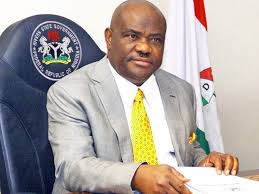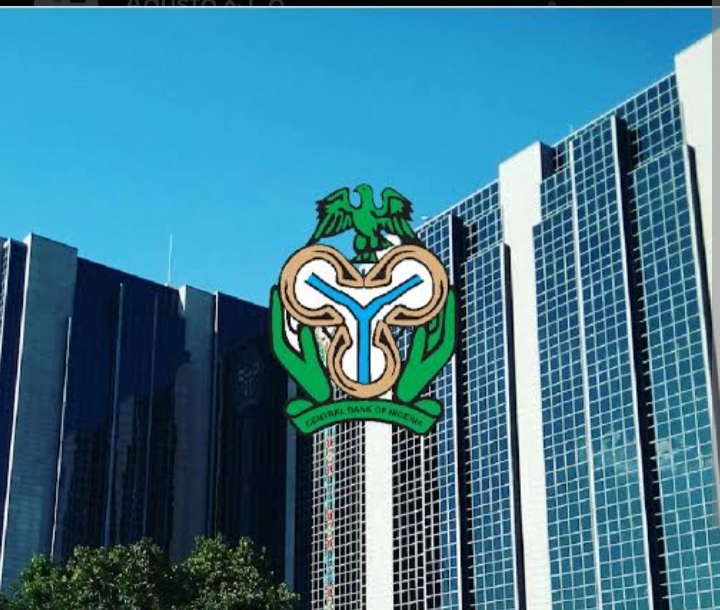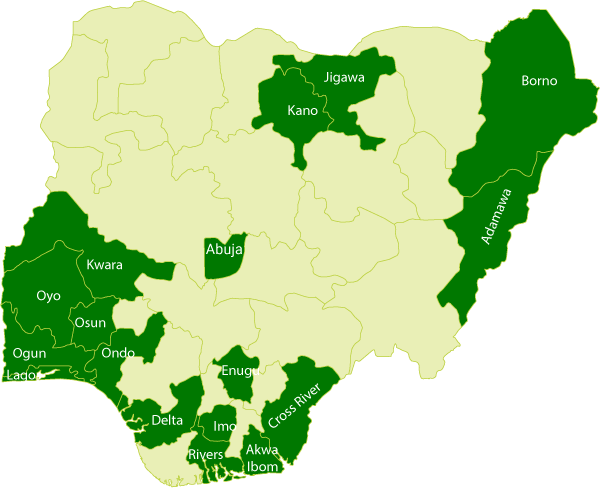The Nigerian naira is projected to stabilise within the ₦1,600–₦1,650 range against the US dollar in the short term, according to financial expert and Managing Director of Financial Derivatives Company, Bismarck Rewane.
Speaking during the June edition of the Lagos Business School Breakfast Meeting, Rewane explained that the local currency has shown signs of strength due to narrowing disparities between official and parallel exchange rates. He highlighted that the gap, which once stood at a wide 50–70%, has now tightened to a slim 1–3% margin — indicating a healthier and more stable foreign exchange environment.
Rewane noted that the naira remains undervalued by approximately 26.82%, and added that the weakening of the dollar by 8.7% year-to-date is helping to support a stronger naira.
He forecasted that inflation would ease slightly to 23.15% in June and July, with Nigeria’s real GDP growth for Q1 2025 anticipated at 3.4%. Crude oil prices are expected to hover between
$60–$63 per barrel as OPEC+ boosts supply, while Nigeria’s oil production could increase to 1.5 million barrels per day.
For domestic fuel prices, Rewane predicted a marginal dip in the cost of petrol to ₦845 per litre and diesel to around ₦950 per litre. He also noted that second-quarter corporate earnings are expected to improve as businesses maintain lower inventory levels, while FAAC allocations may remain steady at ₦1.6 trillion due to reduced corporate tax burdens.
Looking ahead, he suggested that the Central Bank of Nigeria’s Monetary Policy Committee may reduce the benchmark interest rate by 50 basis points at its next meeting. He further remarked that Nigeria is unlikely to be significantly impacted by ongoing global trade tensions, including those stemming from tariffs announced by former U.S. President Donald Trump.
Supporting Rewane’s outlook, analysts at Meristem Securities echoed similar sentiments, predicting continued stability in the official FX window, backed by consistent Central Bank interventions and better liquidity. However, they warned that the parallel market could face renewed pressure due to persistent demand and speculative trading, a dynamic that could prolong the disparity between official and black market rates.
In May, the naira gained slightly in the official market but weakened against the dollar in the parallel market. This led to a noticeable spread of ₦24.25 per dollar by the end of May, compared to a much narrower margin of ₦1.69 in April, a divergence attributed to increased demand and uncertainty in global financial conditions.
On a brighter note, Rewane described corporate performance as promising, citing improved revenue, profitability, and access to domestic credit. He pointed out that many Nigerian companies are adapting by turning to local sourcing, adjusting pricing strategies, and embracing digital innovation. These shifts, coupled with clearer policies and ongoing forex reforms, are boosting investor confidence particularly in sectors such as banking, infrastructure, and energy.
According to Rewane, foreign portfolio investors are slowly returning to the Nigerian market, encouraged by flexible exchange rates, higher yields, and increased transparency from the Central Bank.





